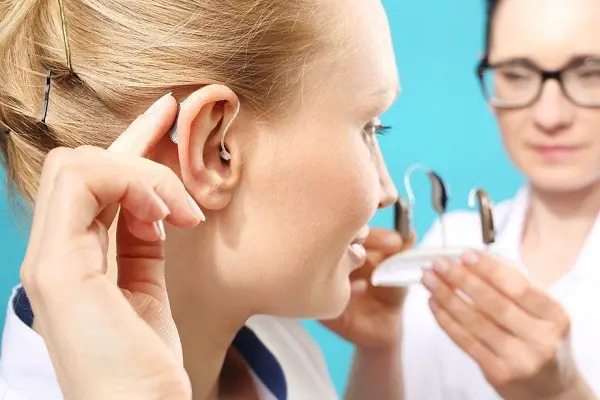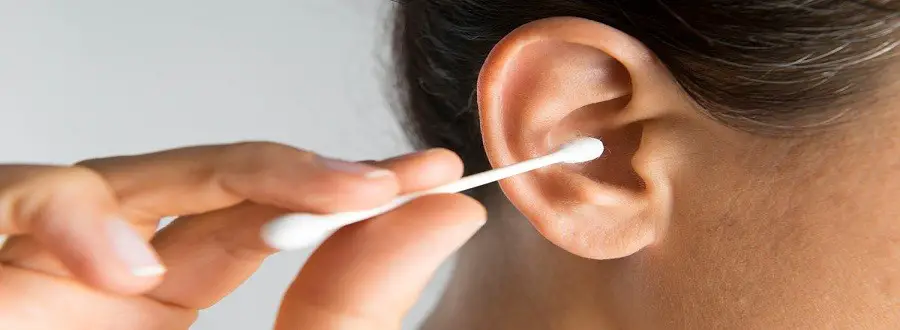Last Updated on January 6, 2025
Keeping your ears in good condition not only aids your hearing but keeps the rest of your body balanced and healthy. The ear has its own self-cleaning mechanism, using wax to catch potentially harmful particles before they reach the ear canal. However, this can sometimes build up.
Many people attempt to remove this build up using cotton buds or other hard objects, but this is actually very unhealthy for your ear and can cause a solid blockage. Always ensure excess wax is removed by a doctor or specialist, who will be able to draw out the build-up without risking damage to the ear.
Simple preventative measures can keep anything worse, such as hearing loss or infection, from affecting your ears. Good-quality foam earplugs, or even custom plugs designed for your ears, can help protect your ears from prolonged noise exposure. Swimming can expose your ears to all sorts of bacteria, so consider using swimming caps and antiseptic ear drops to decrease the risk of infection.
Read More – Breastfeeding A Toddler Made Me Proud Every Time
Ear Care for Children
While ear care routines for children are similar to those of adults, it can often be more difficult to apply. Ensure children are aware of what can damage their ears, such as putting things in the ear canal or swimming without plugs or a cap. Make sure children learn to blow their noses properly – softly, not forcefully – to clear the respiratory channels and prevent infection.
Ear infections can also occur after childhood diseases such as mumps and measles, so always make sure you have their ears checked when the illness has passed. An ear infection must be treated by a doctor as soon as possible, however, they are far easier to prevent than to treat, so ensure both you and your child are following proper ear care guidelines! Take a look at KidsHealth.org for a child-friendly guide to ear-care.

Hearing Aid Care
Hearing aids will work for years, but they need proper care and attention to keep them in optimum condition. The most important part of this is keeping them clean, and there are various methods to prevent them from becoming too sticky or blocked up.
Read More – Anorexia Statistics
Wax build-up can reduce volume, to ensure that as well as wiping the outside of your hearing aid, you clean the microphone and the tubing into your ear regularly. You can even pick up a dehumidifier, which you can use overnight to keep the hearing aid dry on the inside. Alternatively, open the outer casing at night to allow air to move through them and keep them from clogging.
Make sure you change the tubing once or twice a year to prevent cracking and avoid extreme temperatures, as this can severely affect their lifespan. Many hearing aid brands, such as Amplifon, offer an aftercare service, as well as tips on how to keep your specific hearing aid maintained. Ask your doctor or contact the manufacturer of your hearing aid for further advice on keeping it cleaned and working properly.








